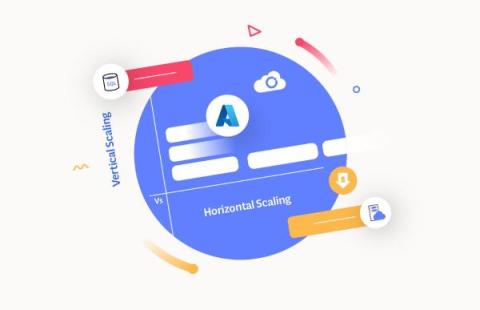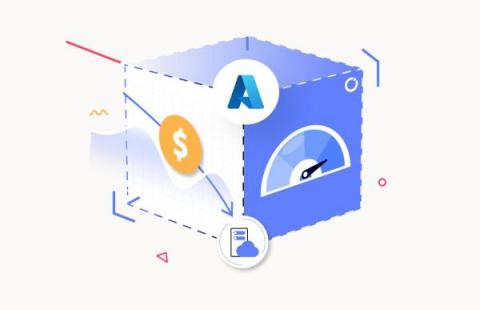Top 6 Azure FinOps Best Practices You Need to Know
When managing cloud workloads, FinOps best practices offer the best way of starting the process adoption. FinOps, short for Financial Operations, is a fusion of financial discipline and operational efficiency: as companies increasingly rely on public cloud services, adopting Azure FinOps becomes imperative for maintaining financial transparency and control and optimizing resource utilization while fostering cross-functional collaboration.











